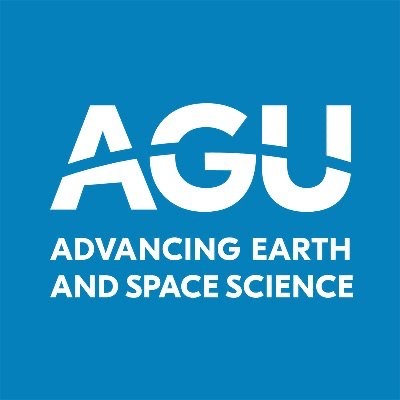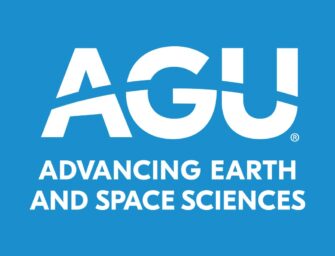AGU journal GeoHealth continues its healthy growth
We are excited to share that GeoHealth, AGU’s gold open access journal covering the increasingly important intersection among the Earth, environmental and health sciences, has crossed several important milestones recently. AGU launched GeoHealth only three years ago (read the first editorial on Convergence in the Geosciences), in March 2017, and the journal was followed shortly by a new section.
GeoHealth covers everything from research looking at the effects of heat exposure on human mortality to the high economic burden imposed by the climate-related health costs to the health effects of space travel and climate change. It is a true transdisciplinary title and its first issue highlighted the importance of convergent science.
In 2019, GeoHealth, was recognized by the Association of American Publishers with two PROSE Awards, Best New Journal in Science Technology and Medicine as well as the Award for Excellence in Physical Sciences and Mathematics. In the past few months, GeoHealth became indexed in PubMed Central, National Library of Medicine and Web of Science, where it has just received its first impact factor of 3.66.
The editorial team at GeoHealth is committed to timely decisions as evident by:
- Time to first decision is between 2-5 weeks of submission.
- Articles in GeoHealth have high Altmetric scores, which are calculated by how widespread a paper is circulated among media and on social media platforms. GeoHealth’s high scores prove the broader impact this research has on society, not only among other researchers.
These milestones would not have been possible without the outstanding dedication of GeoHealth’s co-publisher, Wiley, editorial board, reviewers and authors. This group collectively comprise the ever-growing community of researchers and practitioners tackling global grand challenges to build a healthier and more resilient future.
In this year alone, GeoHealth scientists are actively responding to the global COVID-19 pandemic that has defined a new normal for us all. As Gabe noted in Eos, geoscientists have significant experience in disaster preparedness and response. When we work with medical professionals, engineers and social scientists, we can improve responses to events that have health, economic and social impacts, including extreme events like pandemics.
The research in AGU’s GeoHealth journal that are then discussed in the wider community shows how all of our science is interconnected. It also reminds all of us the need and opportunity we have with our cross-disciplinary journals.
This is also another great example of solutions-based science that is at the heart of AGU’s new strategic plan.
In addition to fully free content on the journal site,
- Papers published in GeoHealth also appear in PubMed Central (PMC), a free archive of biomedical and life sciences journal literature at the U.S. National Institutes of Health’s National Library of Medicine (NIH/NLM). This makes critical research available to an expanded audience, bridging disciplines, and reaching those who are not traditionally in the Earth and space sciences.
- GeoHealth is also one of the journals participating in a cross-journal special collection to publish and highlight COVID-19 related research on the links between societies, environment and health, as well as the multiple effects of ongoing changes in human behavior on the earth’s environment.
AGU’s GeoHealth section is also working to collaborate with those within Earth and space sciences as well as with communities of practice outside of the AGU fold.
Here are a few ways to engage in the growing GeoHealth community:
- Submit an abstract to the upcoming Global e-Symposium, COVID-19 Global Climate & Environment, hosted by AGU and led by the World Meteorological Organization and partners. Abstract deadline is 10 July.
- Submit an abstract to the GeoHealth sessions at 2020 AGU Fall Meeting. Abstract deadline is 29 July.
- Join the section, catch-up on their last newsletter or join in the online dialogues.
- Science Policy: Text Congress to support environmental health sciences.
- Read the latest GeoHealth coverage in Eos.
- Follow GeoHealth on Twitter!
While still a fairly new addition to AGU, we are so pleased to see the continued success for GeoHealth. We welcome the many new audiences who are engaging with AGU and the Earth and space sciences!




This journal carries crucial information for global citizens, as we move through the 21st century. Great topics, great writing.